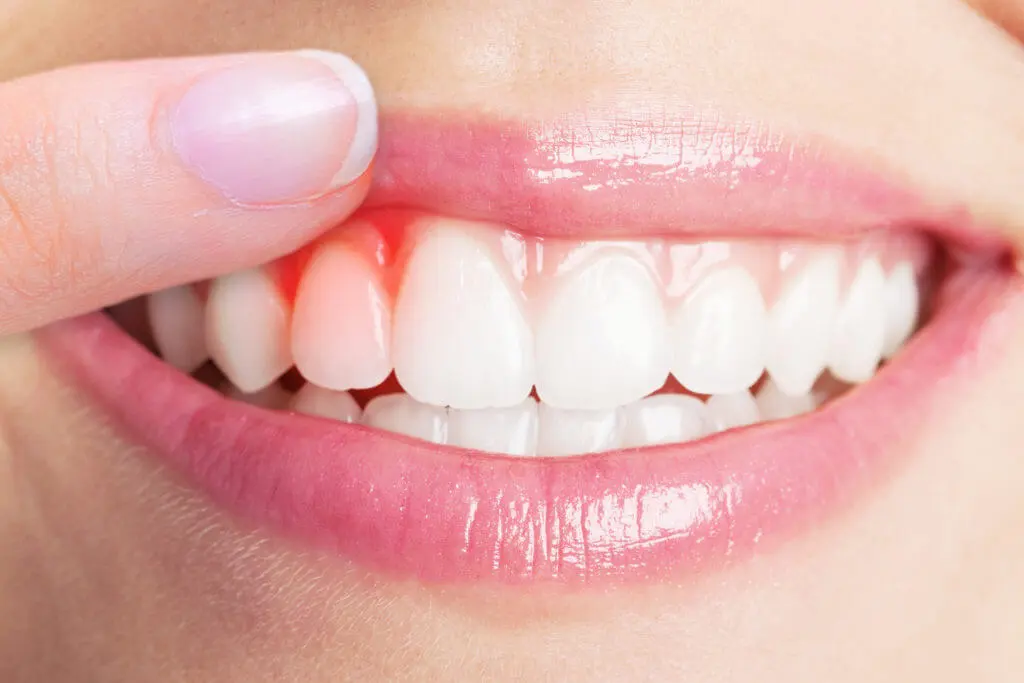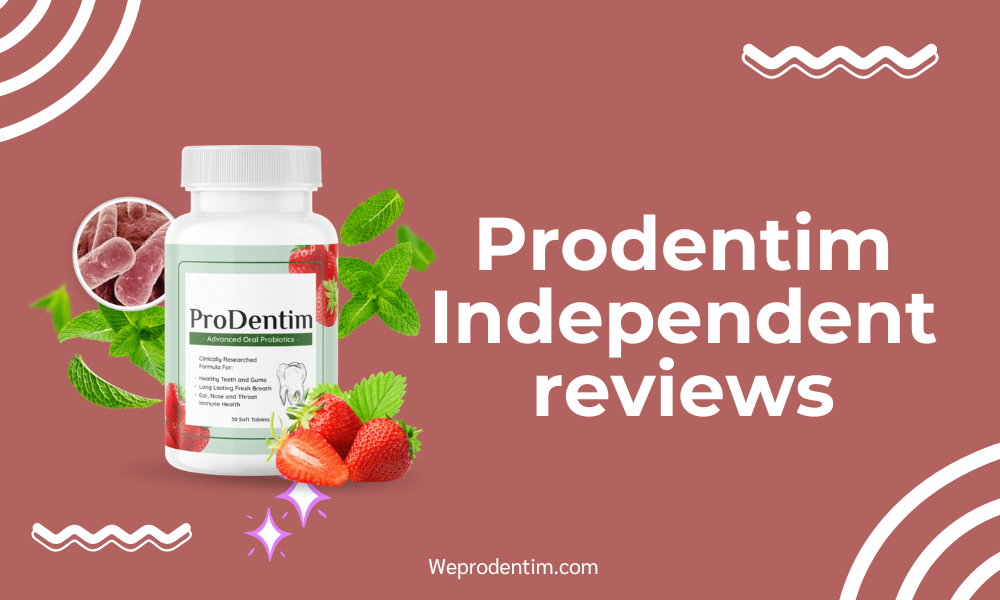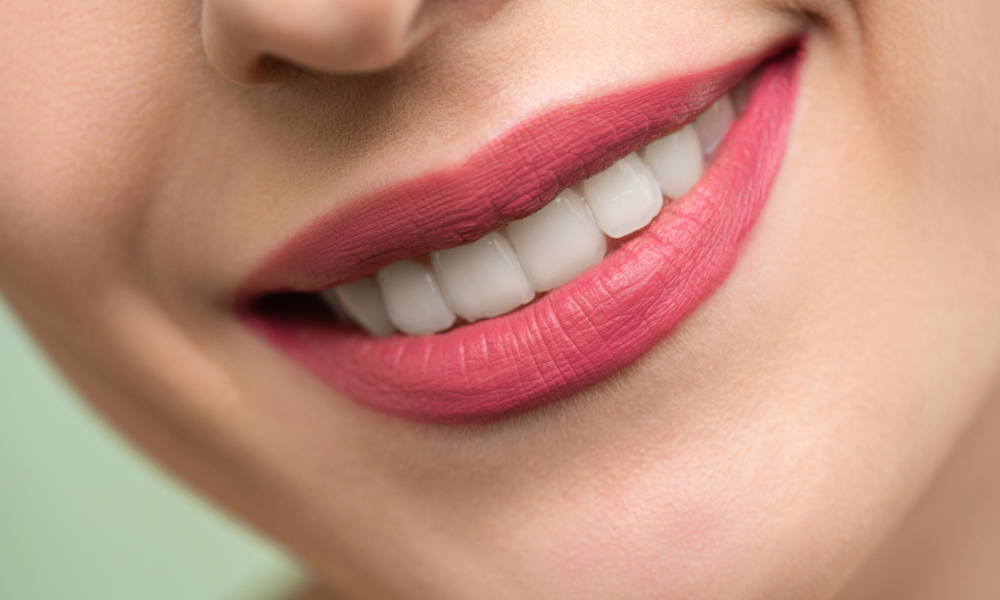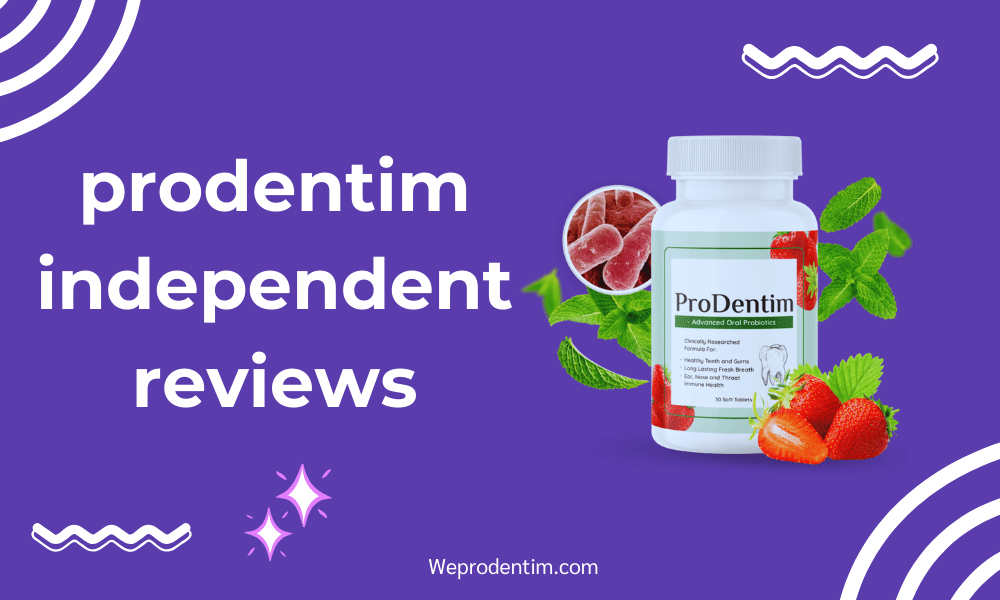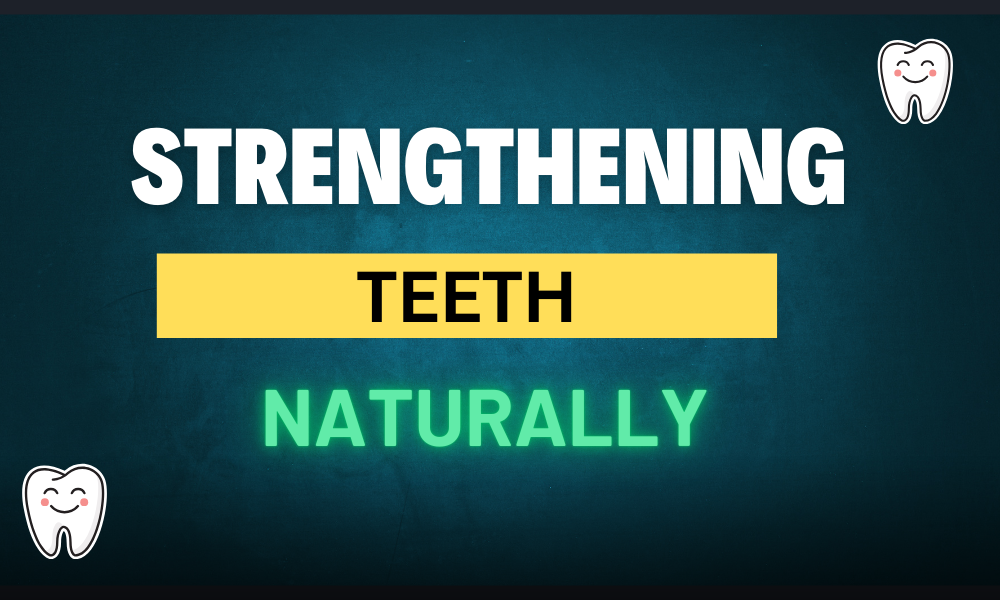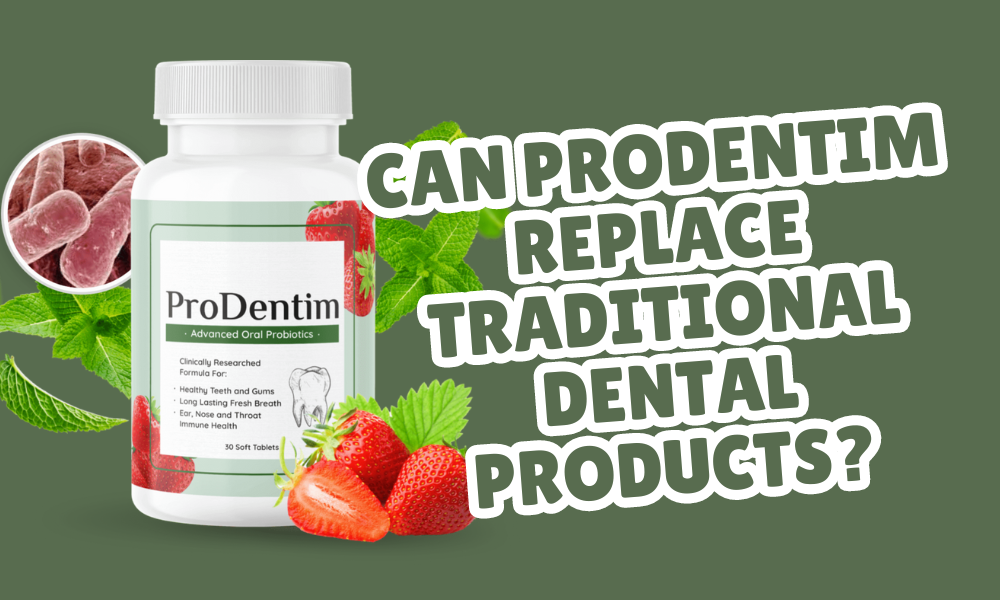Do Dental Probiotics Work? The Science Behind Rebuilding Your Smile

For decades, the narrative surrounding oral health has been one of fighting a bacterial war. Brushing, flossing, and mouthwash were all tools in this daily battle against the supposed villain: bacteria. However, recent research suggests a more nuanced story. The human mouth, much like the gut, harbors a complex ecosystem of bacteria, some beneficial and others detrimental to our oral health. This has led to the exploration of dental probiotics, raising the question: can these good bacteria actually help rebuild our teeth?
The Mouth Microbiome: A Balancing Act
The human mouth is a teeming metropolis, home to billions of bacteria. This diverse community, known as the oral microbiome, plays a crucial role in maintaining oral health. While some bacterial strains contribute to gum disease and cavities, others actually promote a healthy environment for our teeth.
The key lies in the delicate balance between these two groups. “Bad” bacteria, like Streptococcus mutans, thrive on sugars and produce lactic acid, which erodes tooth enamel through a process called demineralization. This weakens teeth and creates cavities.
However, “good” bacteria like Lactobacillus reuteri, Streptococcus salivarius, and Bifidobacterium act as our allies. They:
- Reduce Acid Production: These bacteria produce less acid or even neutralize the acids produced by bad bacteria, creating a more balanced environment for teeth.
- Enhance Remineralization: Some strains may even play a role in promoting remineralization by influencing how minerals from saliva are deposited back into the enamel, strengthening teeth.
- Form a Protective Barrier: Some good bacteria might help form a protective barrier on the tooth surface, hindering the attachment and growth of harmful bacteria.
By promoting these good bacteria and creating a balanced oral microbiome, we might be able to tip the scales in favor of remineralization and prevent cavities.
Dental Probiotics: Seeding the Mouth with Good Bacteria
The concept of using beneficial bacteria to improve health isn’t new. Probiotics, live microorganisms with potential health benefits for the gut, have become increasingly popular. Could a similar approach be applied to oral health?
Dental probiotics aim to introduce beneficial bacterial strains directly into the mouth. These probiotics could potentially:
- Boost Good Bacteria: By increasing the population of good bacteria, probiotics may help create a more balanced oral microbiome, favoring remineralization and reducing the risk of cavities.
- Enhance Saliva Benefits: Some probiotics might work synergistically with saliva, promoting more efficient remineralization.
However, the research on dental probiotics is still in its early stages. While some studies have shown promising results, more are needed to determine the effectiveness and optimal strains for promoting oral health.
Here’s a glimpse at what the research suggests so far:
- Reduced Cavities: A review of studies published in the journal “Beneficial Microbes” found that dental probiotics, particularly when combined with oral hygiene practices, may modestly reduce cavities, especially in children.
- Improved Gum Health: Some studies suggest that probiotics may help reduce inflammation and bleeding associated with gingivitis, the early stage of gum disease.
- Bad Breath Relief: Studies have shown that probiotics can reduce bad breath (halitosis) by combating the bacteria that produce foul-smelling compounds.
These findings are encouraging, but more robust research is needed to solidify the role of dental probiotics in oral health.
Beyond Probiotics: A Holistic Approach to Oral Microbiome Health
While dental probiotics hold promise, maintaining a healthy oral microbiome goes beyond simply introducing good bacteria. Here are some additional strategies to foster a balanced environment in your mouth:
- Diet: Limiting sugary foods and drinks reduces the fuel source for harmful bacteria. Opt for a diet rich in fruits, vegetables, and calcium-rich foods to nourish good bacteria and support remineralization.
- Oral Hygiene: Regular brushing and flossing physically remove plaque, reducing the overall bacterial load and preventing the dominance of harmful strains.
- Fluoride: Fluoride toothpaste and fluoridated water strengthen tooth enamel and promote remineralization.
The Future of Oral Care: A Symbiotic Relationship
The future of oral care might involve a shift from fighting all bacteria to nurturing a balanced oral microbiome. By understanding the complex interplay between different bacterial strains and their impact on our teeth, researchers can develop targeted therapies:
- Personalized Probiotics: Tailoring probiotic treatments to an individual’s specific oral microbiome for a more targeted approach.
- Prebiotics: Prebiotics are non-digestible food sources that selectively nourish beneficial bacteria. Exploring prebiotics specifically designed for the oral cavity could be another avenue for promoting a healthy microbiome.
